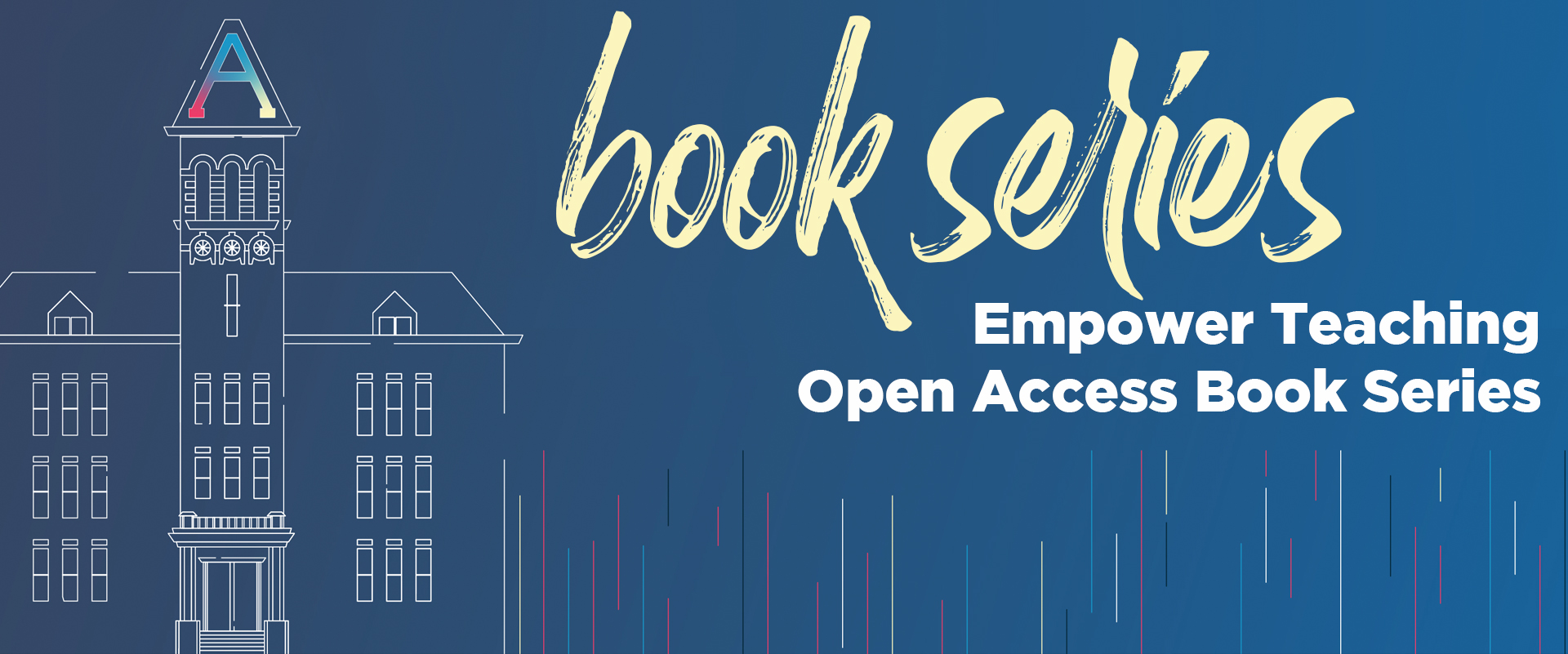Document Type
Chapter
Journal/Book Title/Conference
Making Connections: A Handbook for Effective Formal Mentoring Programs in Academia
Editor
David Law & Nora Domínguez
Publisher
Utah State University
Publication Date
5-15-2023
First Page
33
Last Page
58
Creative Commons License

This work is licensed under a Creative Commons Attribution-Noncommercial-No Derivative Works 4.0 License.
Abstract
Mentoring programs in academic settings take multiple forms depending on the population being served, the context in which they develop, and the purpose and outcomes to be achieved. This chapter identifies critical variables in choosing a solid theoretical foundation for designing effective mentoring programs and interventions in academia.
This chapter specifically addresses four clusters of theoretical frameworks that include psychosocial supports for mentoring, mentoring as a learning partnership, mentoring as career support, and developmental network theories that can be applied to careers.
This chapter is broken into four distinct sections. The first section outlines the process of identifying key components and variables of an individual mentoring program. In the second section, we present two broad categories of frameworks to assist readers in customizing the appropriate theoretical framework that will align their program’s needs and goals with their program’s local mentoring identity. Section three explains and gives examples of the process for connecting the customized frameworks to the practice of a mentoring program. Finally, section four will share our thoughts on updating, rearticulating, and creating new frameworks to develop a research design to increase stakeholder support of individual programs and contribute to the important body of knowledge regarding university mentoring programs.
Recommended Citation
Hager, Mark J.; Hales, Kim; and Domínguez, Nora, "Chapter 2- Recognizing Mentoring Program Identity and Applying Theoretical Frameworks for Design, Support, and Research" (2023). Making Connections. Paper 4.
https://digitalcommons.usu.edu/makingconnections/4


